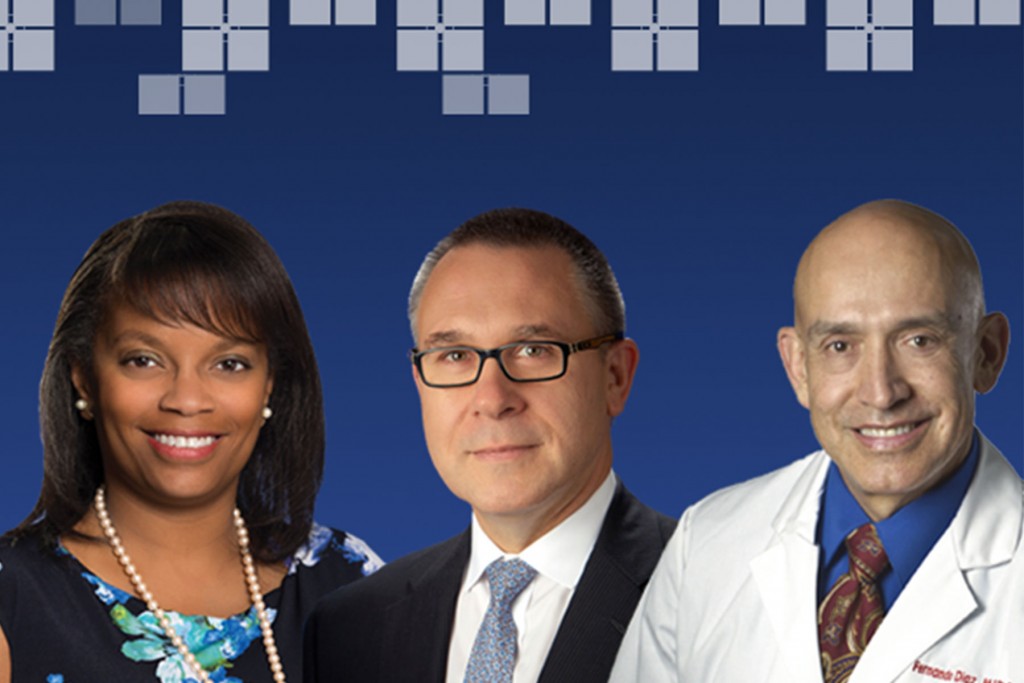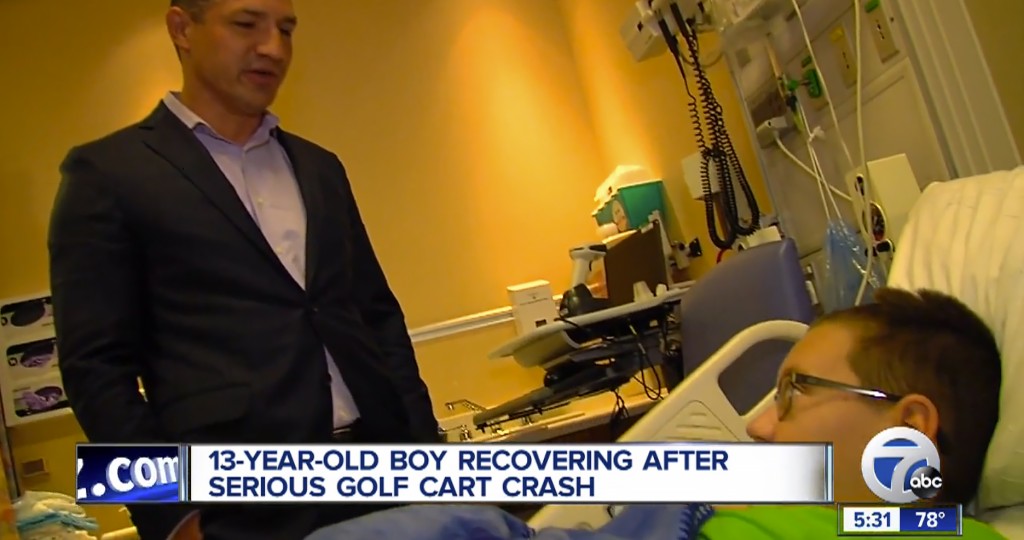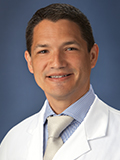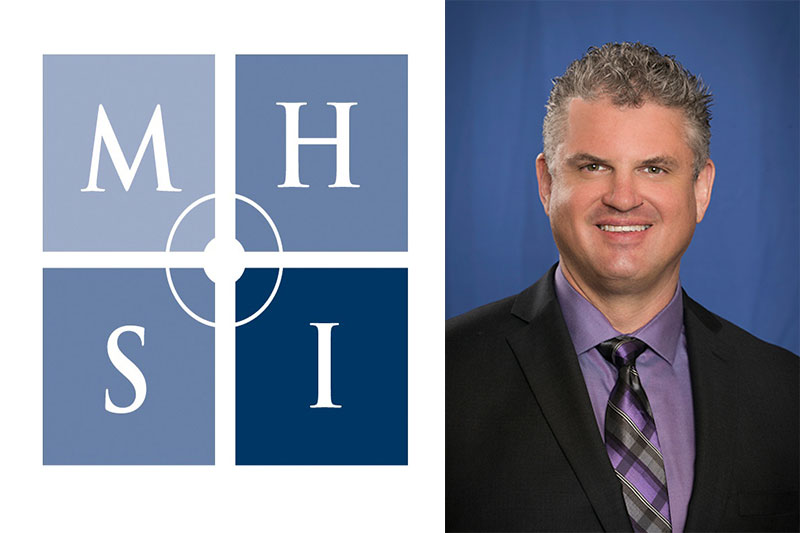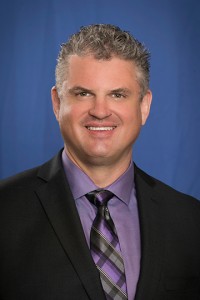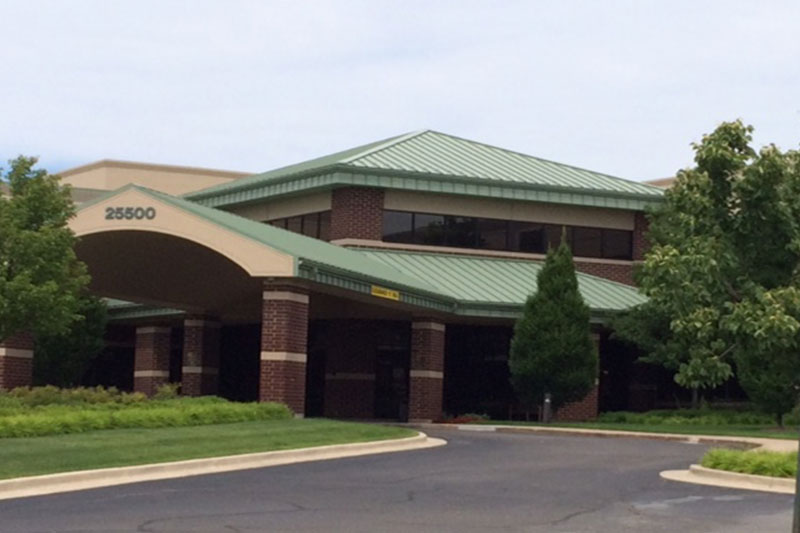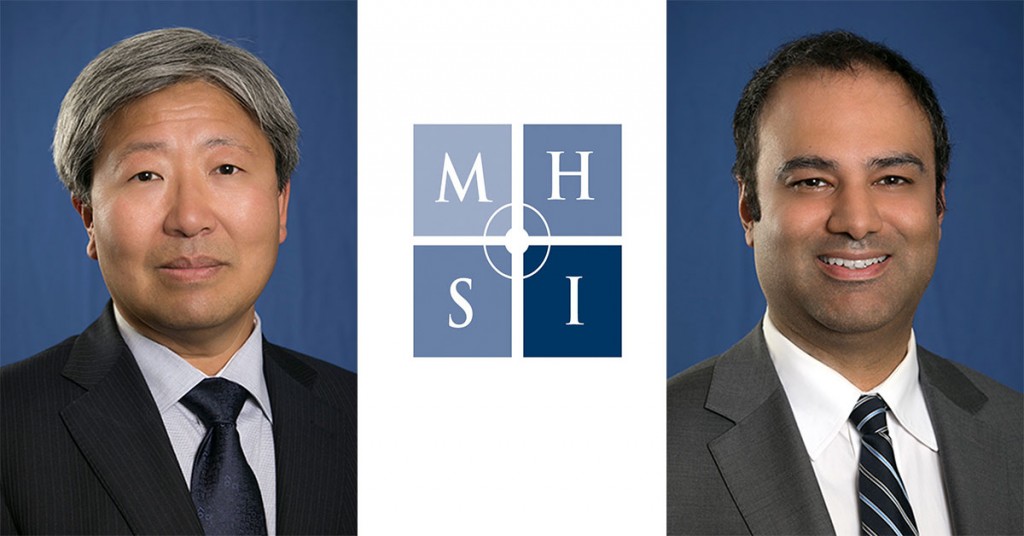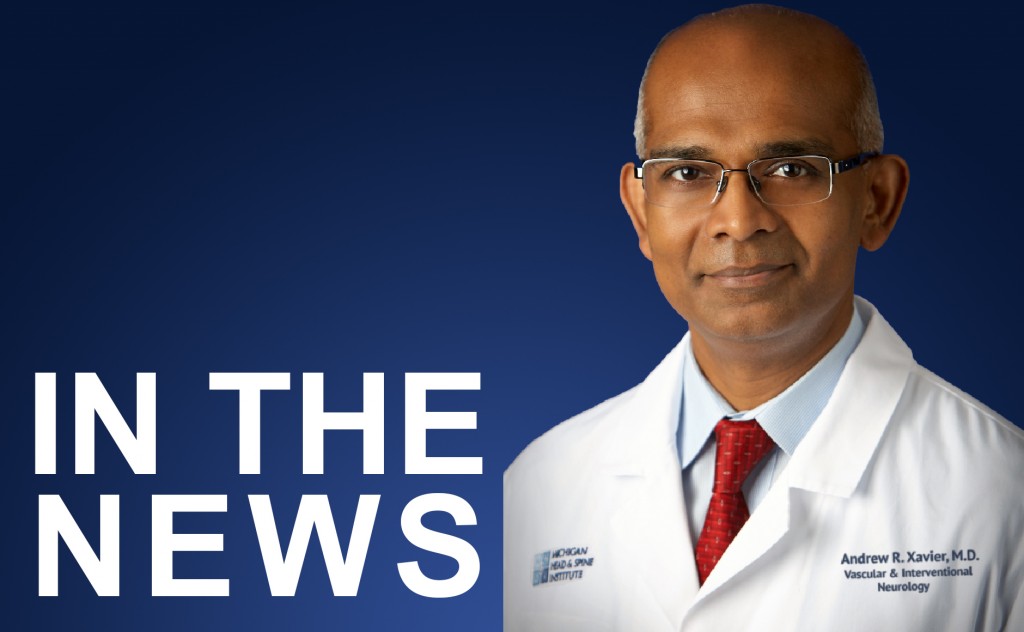The statistics from the Centers for Disease Control (CDC) are staggering. In the United States, 78 people die every day from an opioid overdose and 1.9 million people have a substance abuse disorder involving prescribed pain relievers, like oxycodone, hydrocodone, and methadone. In fact, since 1999, the number of deaths related to overdose of a prescribed opioid quadrupled.
What was once prescribed strictly for pain related to surgery, an injury, or the physical suffering that accompanies cancer has now become more commonly used for chronic aches and pain.
A doctor's responsibility
A study by the Johns Hopkins Center for Drug Safety and Effectiveness found that half of all pain visits in 2000 were treated with a medication and roughly 11 percent of those prescriptions were for an opioid pain reliever. In 2010, while half were still being treated with medication, the number using opioids rose to 20 percent.
CNN recently produced a special on the topic of opioid abuse, calling it an epidemic and issued a call to action among doctors. They cite the CDC’s recommendation against doctors prescribing opioids for most chronic pain situations, or at least the lowest effective dosage, with the shortest amount of time which is usually a few days.
At the root of the problem are the drugs themselves. Opioids are highly addictive and the body has a tendency to become tolerant, leading the patient to need more and more of the drug in order to manage pain. The patient feels physically dependent and, even if they attempt to cut back on usage, the symptoms of withdrawal can be felt. According to CNN’s Sanjay Gupta, M.D., “80% of new heroin users start by using pain pills, which contain the same type of base ingredients.”
Patients seeing a physician for help managing pain often think that certain kinds of medications are the solution, but for all the reasons stated above, many providers are rightly discouraging the use of opioids for managing things like back pain, arthritis, and other chronic conditions.
What other options are available? Nerve blocks, specialty devices, like TENS units, non-narcotic medications, exercise, dietary changes, behavioral therapy. All should be explored to find relief from chronic pain. In some instances, the use of opioid pain relievers may be warranted but should be managed safely. Patients in search of safe and effective relief have options and, with the assistance of a conscientious physician, will find a non-addictive solution.
Share this article with those who may be using pain medications.
![]()
